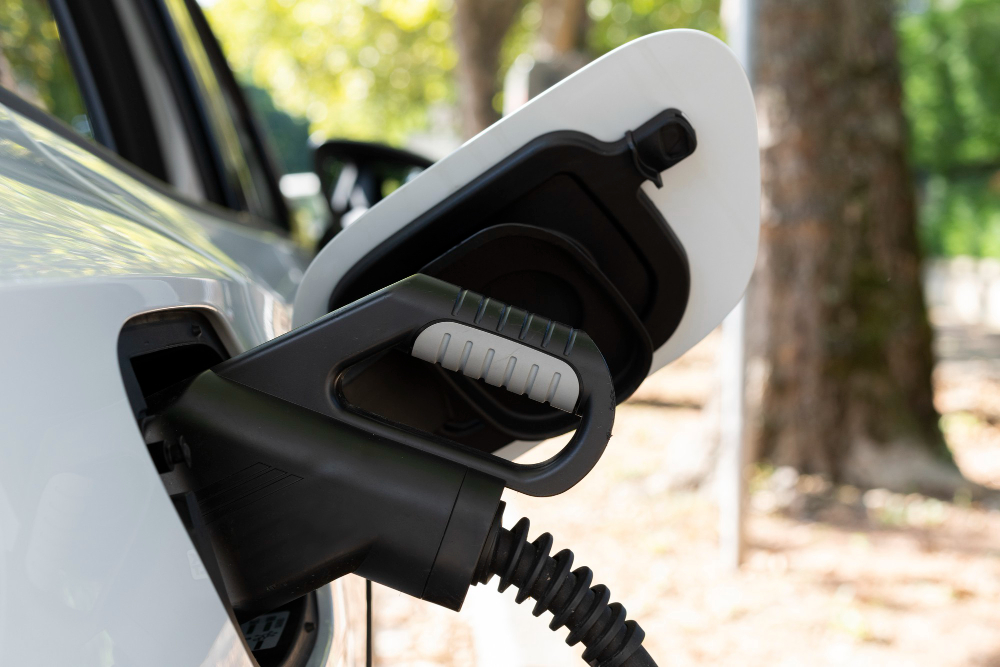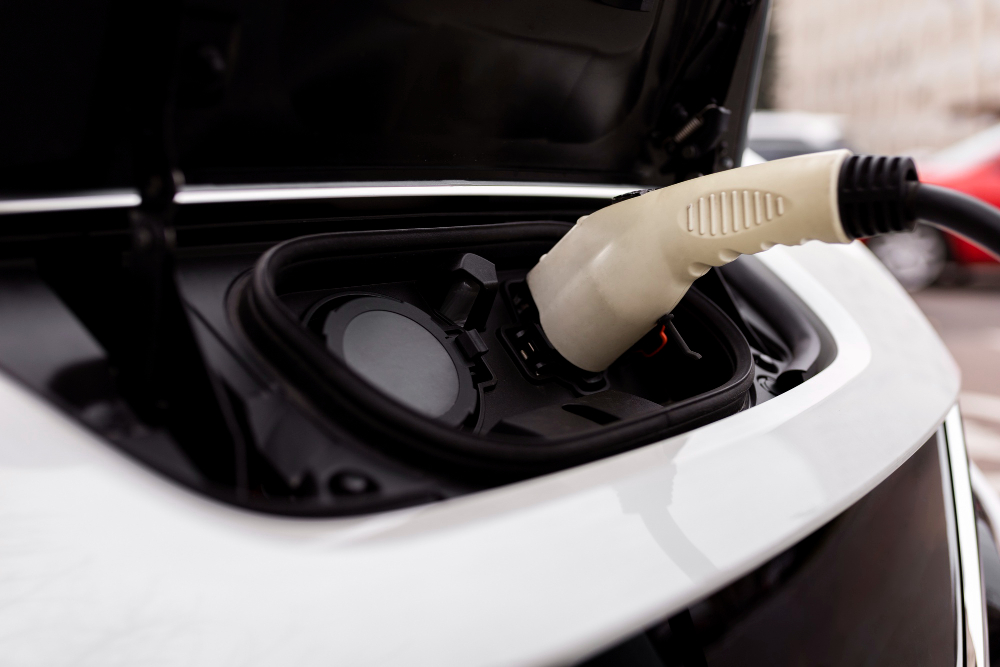Hybrid Cars vs. EVs: Which One is Better for You?

(Photo Credit: freepik)
Hybrid cars or electric vehicles? These are two choices many people are considering. Electric vehicles (EVs) might seem more modern and environmentally friendly, but hybrid cars have their own appealing features in terms of price, technology, and convenience. So, which type of car suits you better? Let’s find out.
In an era where automotive technology is rapidly advancing, EVs have become an attractive option for consumers looking to reduce fossil fuel consumption and pollution. However, hybrid cars continue to play a significant role in the automotive market and remain a viable option for many. This article will explain why hybrid cars can still be more practical than EVs in certain situations.
What is a Hybrid Car?
A hybrid car uses both an internal combustion engine and an electric motor to enhance fuel efficiency and reduce emissions. Hybrid cars can be categorized into two main types:
- Mild Hybrid: The electric motor is small and assists the internal combustion engine during certain phases, such as acceleration or starting.
- Full Hybrid: Capable of running solely on the electric motor for short distances and can recharge the battery while driving.
What is an Electric Vehicle (EV)?
An electric vehicle is powered solely by batteries, eliminating the internal combustion engine entirely and producing zero emissions.

(Photo Credit: freepik)
Why Choose a Hybrid Car Over an EV?
Flexibility in Usage
One significant advantage of hybrid cars is their flexibility. Hybrids can use both electric power and gasoline or diesel, meaning drivers don't have to worry about the availability of charging stations that might not be widespread or accessible in certain areas. This dual capability allows for longer travel distances without the concern of finding charging stations.
Charging Time
EVs require a considerable amount of time to charge, even with fast-charging stations. In contrast, hybrid cars can quickly refuel at gas stations, making long-distance travel more convenient without long waiting times.
Cost and Maintenance
While the initial price of EVs may decrease with technological advancements and government incentives, hybrids generally remain more affordable. Additionally, the maintenance costs of hybrids are lower than EVs due to the well-established hybrid technology, which is reliable and less complex to maintain compared to EVs.
Infrastructure Limitations
In areas lacking infrastructure for EVs, such as charging stations or comprehensive charging networks, hybrids are a better option because they can use both electric power and gasoline, ensuring travel is possible in all situations.
Energy Efficiency
Hybrids can efficiently switch between electric power and gasoline, saving fuel and reducing greenhouse gas emissions. EVs, while using only electricity, might not effectively reduce emissions if the electricity comes from non-renewable sources.
Although EVs offer benefits in reducing greenhouse gas emissions and using clean electricity, hybrid cars provide greater flexibility and convenience in many scenarios. Choosing between a hybrid or an EV depends on the driver’s needs and environment. If you require a vehicle that can travel long distances without worrying about charging, a hybrid might be the better option. However, if you have access to extensive charging infrastructure and aim to reduce fossil fuel use, an EV is a compelling choice.
Claim your free car valuation today!
Read More: "Bird Droppings": A Hidden Danger to Your Car's Paint
Looking for a car appraisal? You can contact us for a free car valuation within 24 hours…
